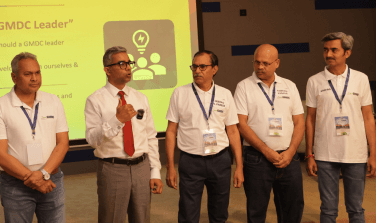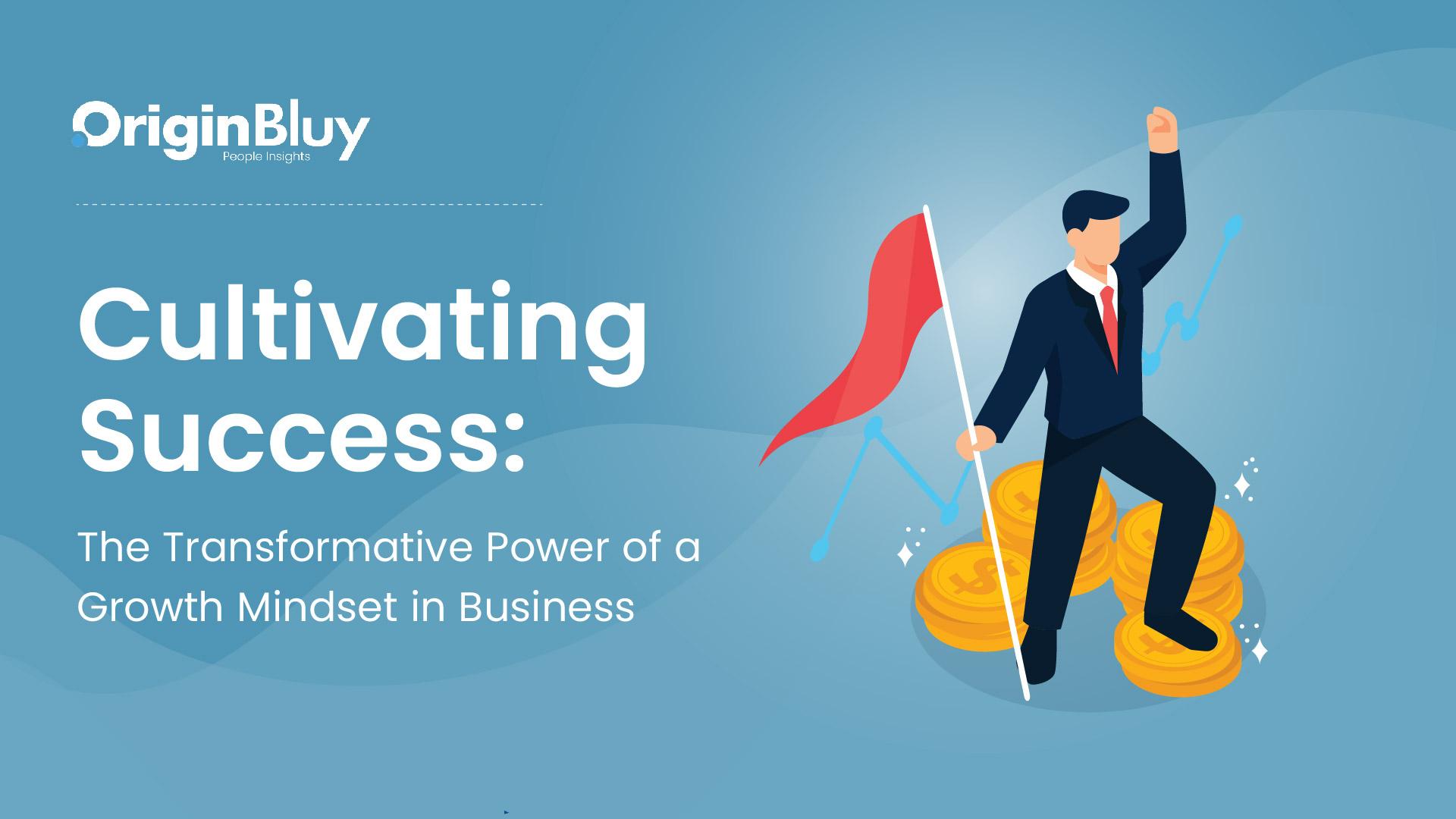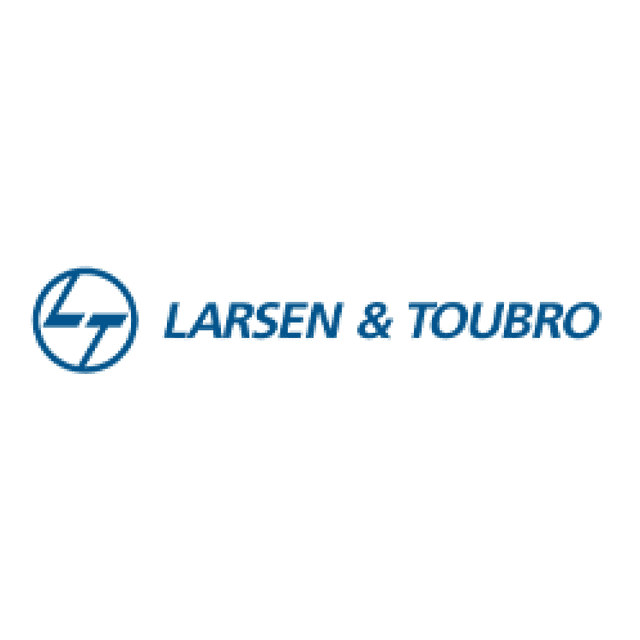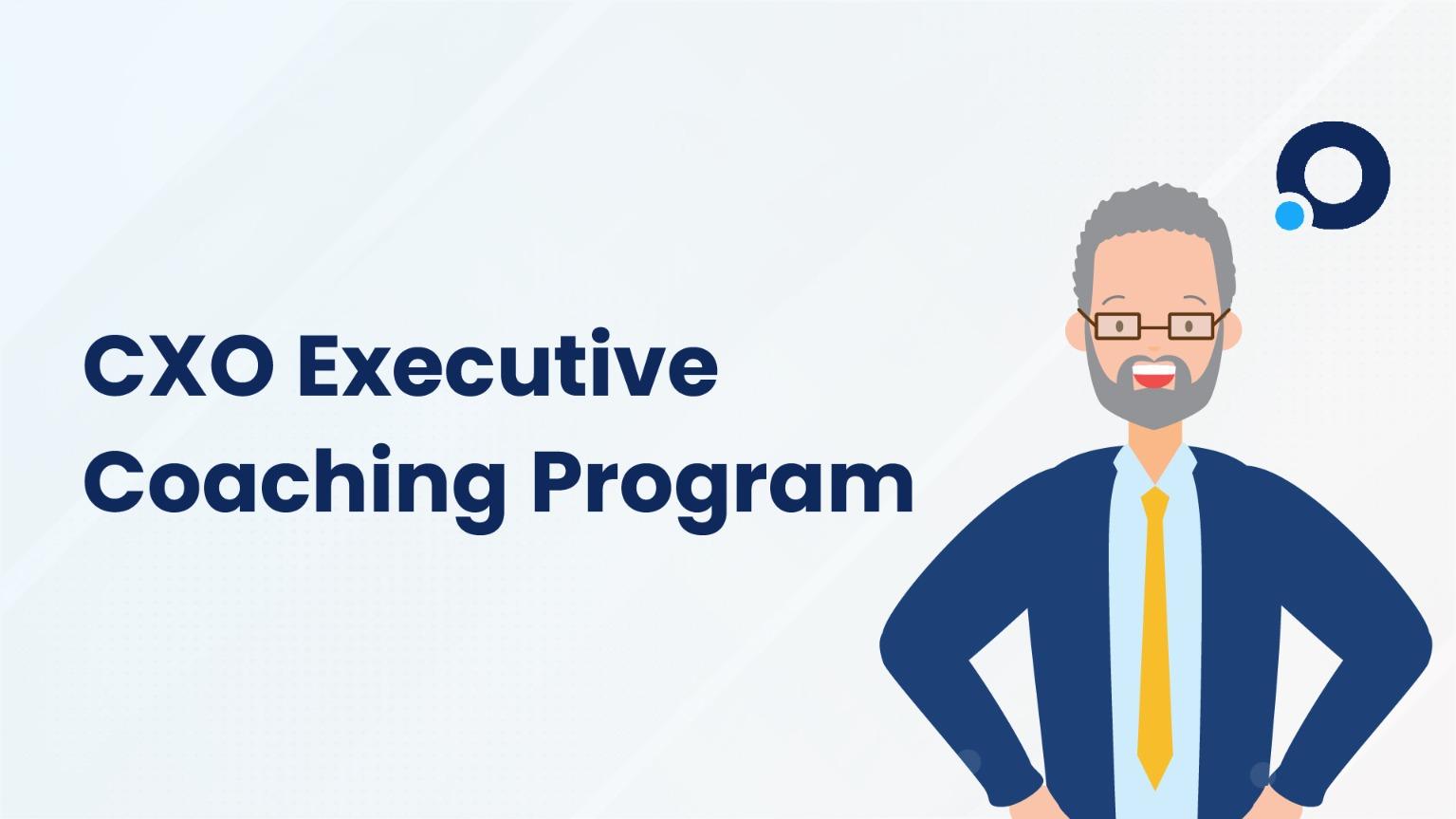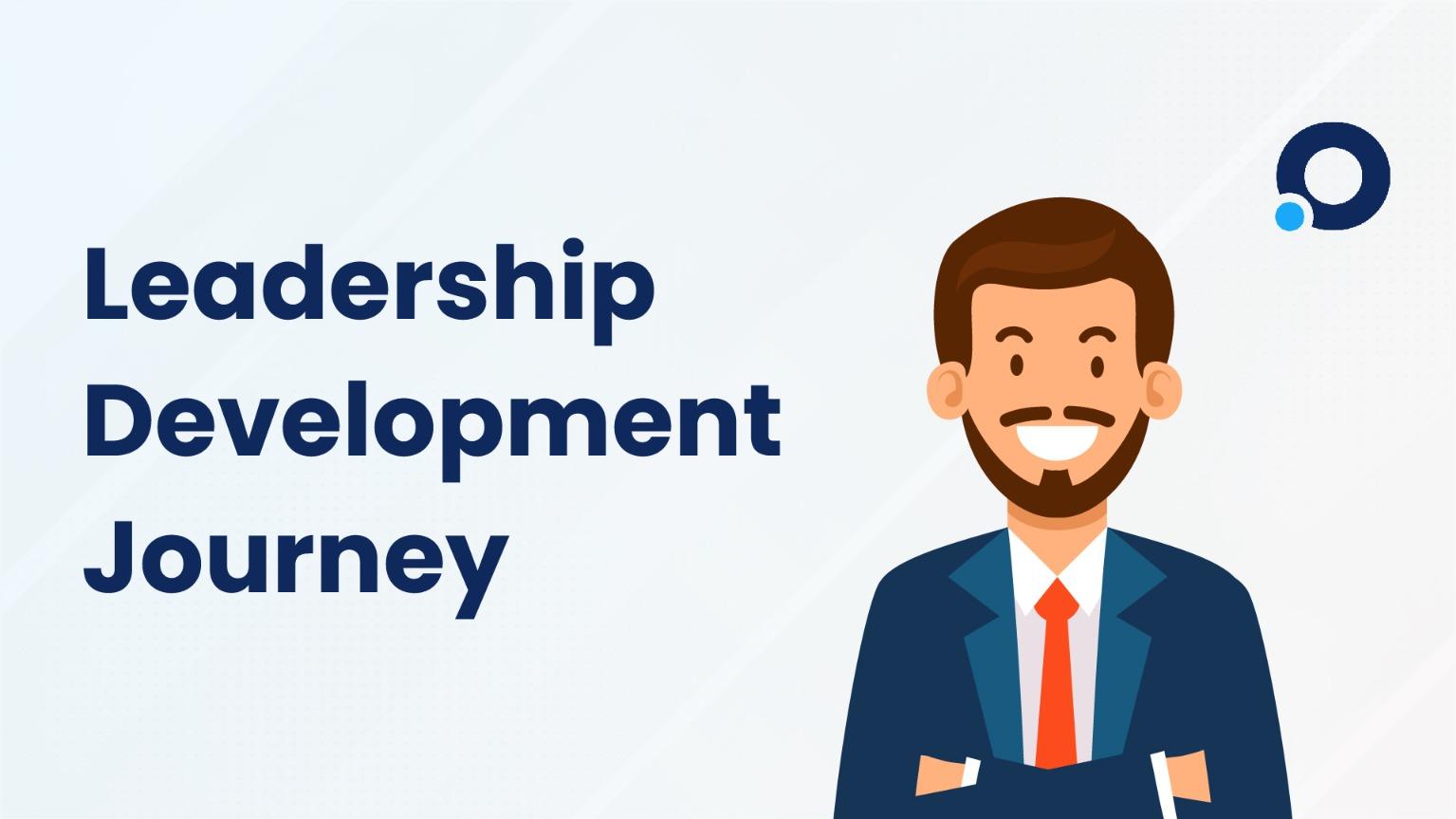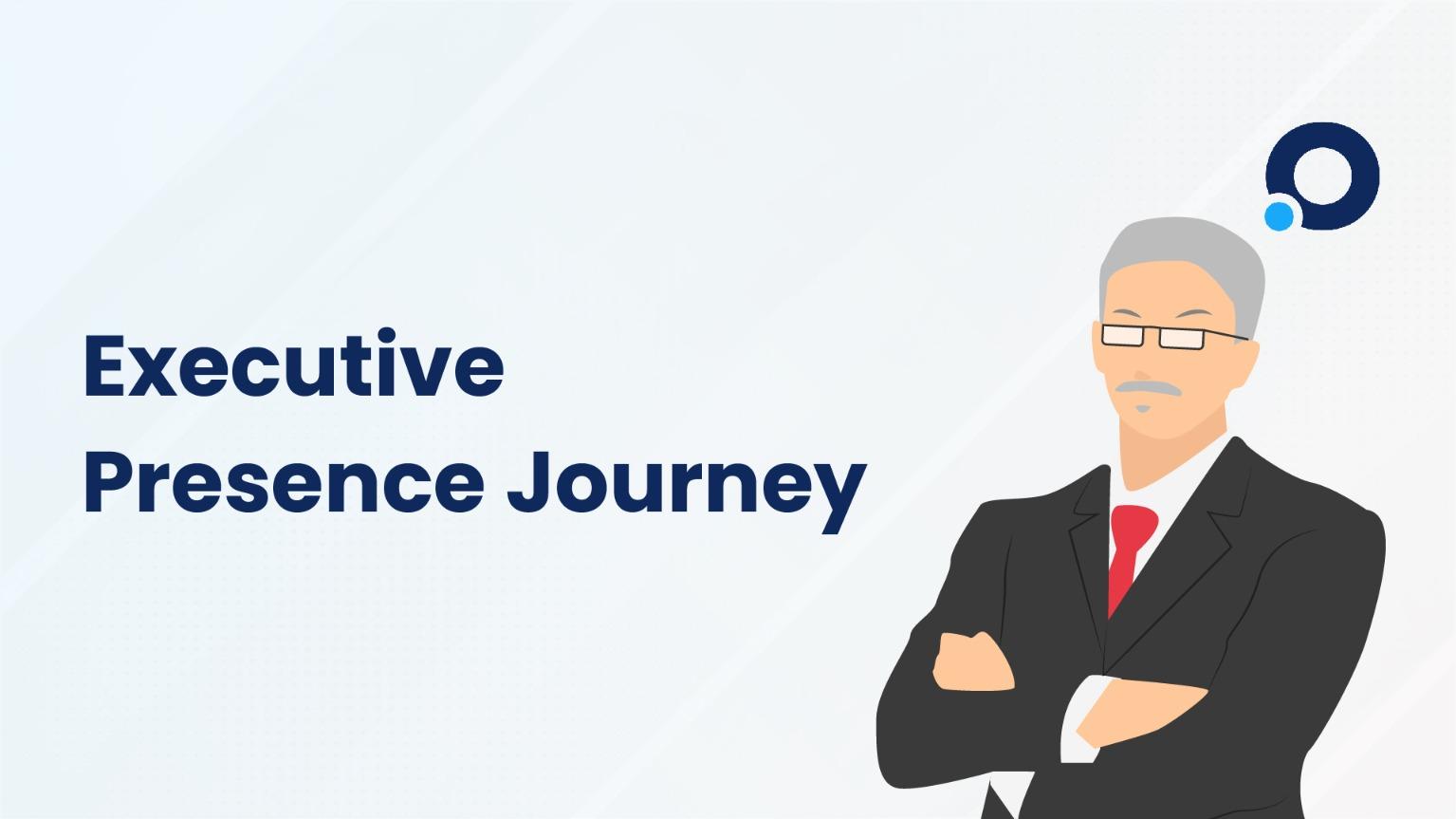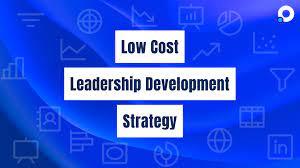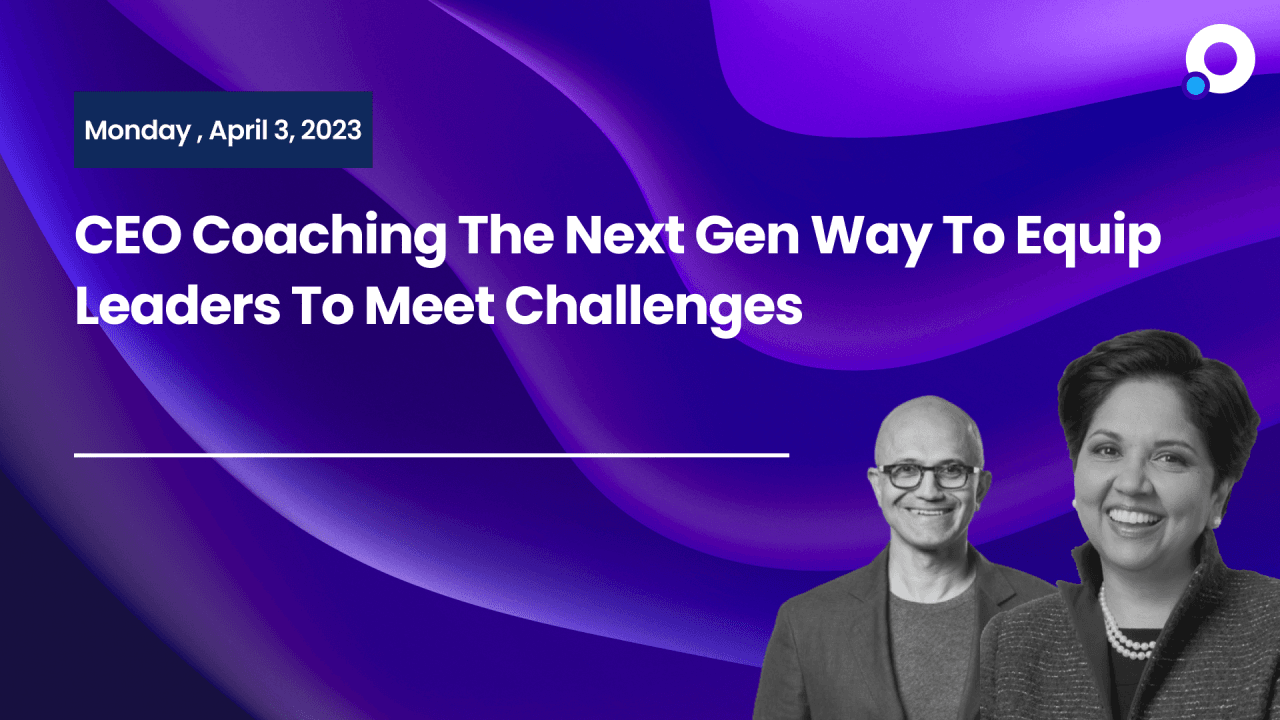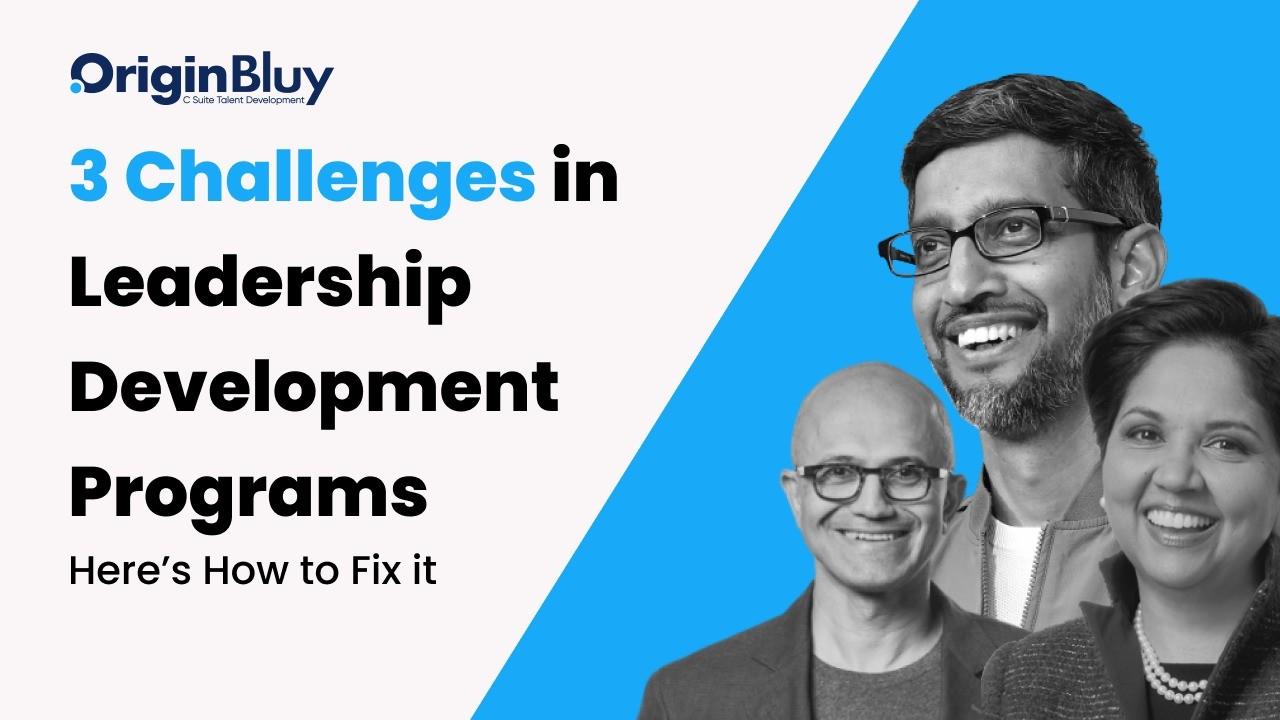Imagine a workplace where challenges are welcomed, failures are seen as stepping stones to mastery, and the term "impossible" is merely a hurdle to be overcome. This isn't a fantasy—it's the reality for organizations that have embraced a growth mindset.
Recent studies reveal that businesses fostering this mindset not only see a 34% uplift in employee engagement but also experience a staggering 47% increase in innovation. In today's competitive landscape, the ability to adapt and grow is not just an advantage; it's a necessity. But what exactly is a growth mindset, and how can it catalyze your company's success?
This blog post dives deep into the transformative power of a growth mindset in the business world, offering insights and actionable strategies to cultivate a culture of continuous learning and resilience.
What is Growth Mindset
A growth mindset, as conceptualized by renowned psychologist Carol Dweck, is fundamentally the belief that our talents, abilities, and intelligence can be developed through dedication, hard work, and feedback.
This mindset contrasts with a fixed mindset, where individuals believe their qualities are static and unchangeable. Understanding the mechanics and the impact of a growth mindset is crucial for businesses aiming to foster an environment of continuous improvement and innovation.
Elements of Growth Mindset
To effectively cultivate and leverage a growth mindset within a business context, it's essential to understand and implement its core principles strategically.
Here are five elements that encapsulate the essence of a growth mindset:
1. Viewing Challenges as Opportunities
Individuals and organizations with a growth mindset perceive challenges not as insurmountable obstacles but as opportunities to expand skills and knowledge. This perspective encourages stepping out of comfort zones, leading to innovation and growth. When a business faces a challenging market condition or a project hurdle, instead of retreating or giving up, it explores new strategies, learns from the situation, and adapts, turning potential setbacks into stepping stones for success.
2. Persistence Through Difficulties
A growth mindset fosters resilience, highlighting the importance of perseverance in the face of setbacks. This resilience is crucial for businesses navigating the ups and downs of the market. By instilling a culture that views failures as part of the learning process, companies can encourage their employees to keep striving towards their goals, regardless of the difficulties. This persistence ensures that teams remain motivated and focused, even when faced with challenges, contributing to long-term success.
3. Effort as a Pathway to Mastery
Recognizing that effort is essential for achieving mastery and excellence is a key element of a growth mindset. It refutes the notion that talent alone leads to success, instead asserting that continuous effort and dedication are what breed significant achievements. In a business setting, this translates to a culture that values hard work, continuous improvement, and dedication as means to innovate and excel, thereby fostering an environment where employees are motivated to enhance their skills and contribute their best.
4. Embracing Feedback for Learning
Constructive criticism and feedback are invaluable for learning and development. A growth mindset culture encourages individuals to seek out feedback and use it as a tool for improvement, rather than viewing it as a negative judgment. For businesses, creating channels for open and constructive feedback enables teams to identify areas for improvement, innovate solutions, and enhance performance. This ongoing loop of feedback and improvement drives organizational growth and helps maintain a competitive edge.
5. Celebrating Successes and Learning from Others
A growth mindset encourages individuals to draw inspiration from the success of others, viewing their achievements as learning opportunities rather than threats. In a business environment, celebrating team and individual successes fosters a sense of community and shared goals. Moreover, analyzing and learning from both the successes and failures within and outside the organization can provide valuable insights. This not only motivates employees by showcasing tangible outcomes of embracing a growth mindset but also cultivates a culture of continuous learning and mutual support.
By embedding these principles into its core, a business can create a dynamic, resilient, and innovative culture that is well-equipped to navigate the complexities of the modern marketplace.
Benefits of a Growth Mindset
Adopting a growth mindset offers a multitude of benefits that can transform individuals and organizations alike, leading to enhanced performance, innovation, and resilience.
Here are a few key benefits of a growth mindset:
Fosters Resilience and Adaptability
A growth mindset instills a strong sense of resilience, empowering individuals and teams to bounce back from setbacks and challenges with greater strength and determination. This adaptability is crucial in today’s fast-paced and ever-changing business environment, where companies must continually evolve to stay competitive.
Organizations that cultivate a growth mindset can more effectively navigate market fluctuations, technological advancements, and other external pressures, maintaining momentum and driving forward even in the face of adversity.
Enhances Performance and Productivity
By valuing effort and learning, a growth mindset encourages continuous improvement and personal development, which in turn leads to enhanced performance and productivity. Employees who believe their abilities can be developed are more likely to embrace challenges, persist through difficulties, and achieve higher levels of success.
This proactive approach to learning and skill development ensures that teams are constantly refining their abilities and strategies, contributing to overall organizational efficiency and effectiveness.
Promotes Innovation and Creativity
A growth mindset creates an environment where experimentation and creativity are encouraged, recognizing that innovation often requires stepping into the unknown and learning from failures.
This openness to new ideas and approaches is essential for driving innovation, as it allows teams to explore diverse solutions without the fear of making mistakes. Businesses that foster a culture of growth are more likely to discover breakthrough ideas and technologies, setting themselves apart in the marketplace.
Improves Collaboration and Communication
Cultivating a growth mindset can lead to improved collaboration and communication within teams. When individuals view challenges as opportunities and are open to learning from feedback and the successes of others, they are more likely to share knowledge and work together towards common goals.
This collaborative spirit not only enhances team dynamics but also leverages collective strengths and insights, leading to more effective problem-solving and project execution.
Attracts and Retains Talent
Organizations that embrace a growth mindset are attractive to prospective employees and are more likely to retain their current workforce. A culture that values development, provides opportunities for learning, and recognizes effort and progress can be a significant draw for talent-seeking environments where they can grow and thrive.
Furthermore, employees who feel supported in their personal and professional development are more likely to remain engaged and committed to the organization, reducing turnover rates and fostering a loyal and motivated workforce.
Cultivates Leadership and Empowerment
A growth mindset encourages the development of leadership skills at all levels of the organization. By empowering employees to take on challenges, learn from their experiences, and contribute ideas, businesses can cultivate a strong pipeline of future leaders.
These leaders, in turn, embody and promote growth mindset principles, ensuring a self-sustaining culture of continuous improvement and innovation.
The benefits of a growth mindset are comprehensive, touching every aspect of organizational life from performance and innovation to collaboration and leadership. By prioritizing this mindset, businesses can create a robust foundation for long-term success, adaptability, and growth.
The Process of Finding the Right Growth Mindset Coach
Finding the right growth mindset coach is a critical step for organizations aiming to cultivate a culture of continuous improvement and adaptability. A proficient coach can guide your team through the nuances of developing a growth mindset, and tailoring strategies to meet your unique business needs and challenges.
Here's how to ensure you find the right match:
1. Identify Your Goals and Needs
Before starting your search, clearly define what you hope to achieve with a growth mindset coach. Are you looking to improve team collaboration, enhance innovation, or boost overall performance? Understanding your objectives will help you assess a coach's fit based on their expertise and experience in addressing similar challenges.
2. Look for Relevant Qualifications and Experience
A strong theoretical background in psychology, organizational behavior, or a related field is crucial for a growth mindset coach. Additionally, practical experience in coaching businesses or teams through mindset shifts is invaluable. Check for credentials such as certifications from reputable coaching organizations and ask for case studies or references to understand their track record of success.
3. Assess Coaching Style and Philosophy
The coach's style and underlying philosophy should resonate with your organizational culture and values. During initial discussions, pay attention to how they describe their approach to challenges and failures, their views on learning and development, and their strategies for fostering a growth mindset. A coach whose philosophy aligns with your organizational goals can more effectively inspire change and growth.
4. Evaluate Their Understanding of Your Industry
While a growth mindset coach doesn't need to be an industry expert, familiarity with your sector's unique challenges and dynamics can be beneficial. A coach who understands the context in which your business operates can provide more tailored and relevant guidance, making the coaching process more effective and impactful.
5. Consider Compatibility and Communication Skills
The relationship between a coach and the organization is built on trust, openness, and effective communication. It's important to choose a coach with whom your team feels comfortable sharing successes and setbacks. Strong communication skills are essential for facilitating discussions, encouraging reflection, and guiding teams through the growth mindset development process.
6. Look for a Coach Who Measures Success
A results-oriented coach will define clear metrics for success and track progress throughout the coaching engagement. This approach ensures that the coaching investment is translating into tangible improvements in team dynamics, individual behaviors, and overall organizational performance. Ask potential coaches how they measure and report on success to ensure their approach aligns with your expectations.
7. Request a Trial Session or Consultation
Many coaches offer trial sessions or initial consultations. This is an excellent opportunity to gauge the coach's compatibility with your team, their coaching style, and their ability to engage and motivate. It also allows your team to provide input on the selection process, ensuring buy-in and commitment to the coaching program.
Choosing the right growth mindset coach involves a careful consideration of your goals, the coach's qualifications and experience, and the compatibility between your coaching style and your organizational culture.
By following these steps, you can select a coach who will effectively guide your team toward embracing a growth mindset, leading to enhanced resilience, innovation, and success.
Future of Growth Mindset
The future of growth mindset coaching looks incredibly promising, reflecting broader shifts in organizational culture, leadership, and the way we approach personal and professional development.
As businesses increasingly recognize the importance of adaptability, resilience, and continuous learning, the role of growth mindset coaching is set to expand and evolve in several key ways:
Integration into Organizational Development Strategies
Growth mindset coaching is moving from being a standalone initiative to an integral part of comprehensive organizational development strategies. Companies are embedding growth mindset principles in their leadership programs, talent development frameworks, and performance management systems. This holistic approach ensures that cultivating a growth mindset becomes a shared responsibility, permeating every level of the organization.
Customization and Personalization
The one-size-fits-all approach is becoming obsolete as growth mindset coaching embraces customization and personalization. Coaches are using advanced tools and methodologies to assess individual and team needs more accurately, tailoring their programs to address specific challenges and goals. This personalized approach increases the effectiveness of coaching interventions, ensuring they resonate more deeply with participants and lead to meaningful change.
Leveraging Technology and Digital Platforms
Technology is playing a crucial role in the future of growth mindset coaching, with digital platforms, AI-driven tools, and online learning resources becoming increasingly common. These technologies not only make coaching more accessible but also enable ongoing support and learning through apps, online communities, and virtual workshops. As a result, growth mindset development can continue beyond formal coaching sessions, embedding continuous learning into daily work life.
Expanding Beyond Corporate Settings
While growth mindset coaching has its roots in corporate and educational settings, its application is broadening to include diverse fields such as healthcare, sports, and the arts. This expansion reflects a growing recognition of the universal benefits of a growth mindset across different contexts and disciplines. As more sectors adopt growth mindset coaching, we'll likely see innovative applications and success stories that further validate its effectiveness.
Focus on Measuring the Impact
There is an increasing emphasis on quantifying the impact of growth mindset coaching on individual performance, team dynamics, and organizational success. Coaches and businesses are developing more sophisticated metrics and evaluation tools to measure changes in behavior, productivity, and innovation.
This focus on impact assessment will help to refine coaching methodologies and demonstrate the ROI of investing in growth mindset development.
Embracing a Global Perspective
The globalization of business means that growth mindset coaching is adopting a more international perspective, taking into account cultural differences in attitudes toward learning, failure, and success. Coaches are working with diverse teams across the globe, facilitating cross-cultural understanding and helping organizations navigate the complexities of global teamwork and leadership.
The future of growth mindset coaching is dynamic and expansive, reflecting the ongoing evolution of work, learning, and human potential. As organizations worldwide strive to remain competitive and innovative, the demand for growth mindset coaching will continue to grow, driving new developments in coaching practice and application.
Transform Your Team with Growth Mindset Coaching
As we navigate the complexities of today’s ever-changing business landscape, the adoption of a growth mindset stands out as a beacon of adaptability, innovation, and resilience. The journey towards embedding this powerful mindset within the fabric of your organization is both challenging and rewarding, offering a pathway to unlock the full potential of your team and propel your business toward unprecedented success.
Embracing a growth mindset is not merely about individual growth; it's about cultivating an environment that nurtures continuous learning, encourages the exploration of new ideas, and fosters a culture of collaboration and perseverance.
The benefits are clear: enhanced performance, greater innovation, improved collaboration, and the attraction and retention of top talent. With the future of growth mindset coaching evolving to meet the needs of a diverse and digital workforce, there has never been a better time to invest in the growth and development of your people.
If you're ready to embark on this transformative journey, to build a culture that embraces challenges, learns from setbacks, and celebrates growth, we're here to guide you. Our growth mindset coaching programs are tailored to meet the unique needs of your organization, providing you with the tools, strategies, and support to foster a culture of continuous improvement and success.
Key Takeaways From the Blog
- Growth Mindset: The Foundation of Organizational Success
- Customization: Key to Effective Growth Mindset Coaching
- The Role of Technology in Growth Mindset Development
- The Importance of Measuring Coaching Outcomes
- Global Expansion of Growth Mindset Coaching Practices






